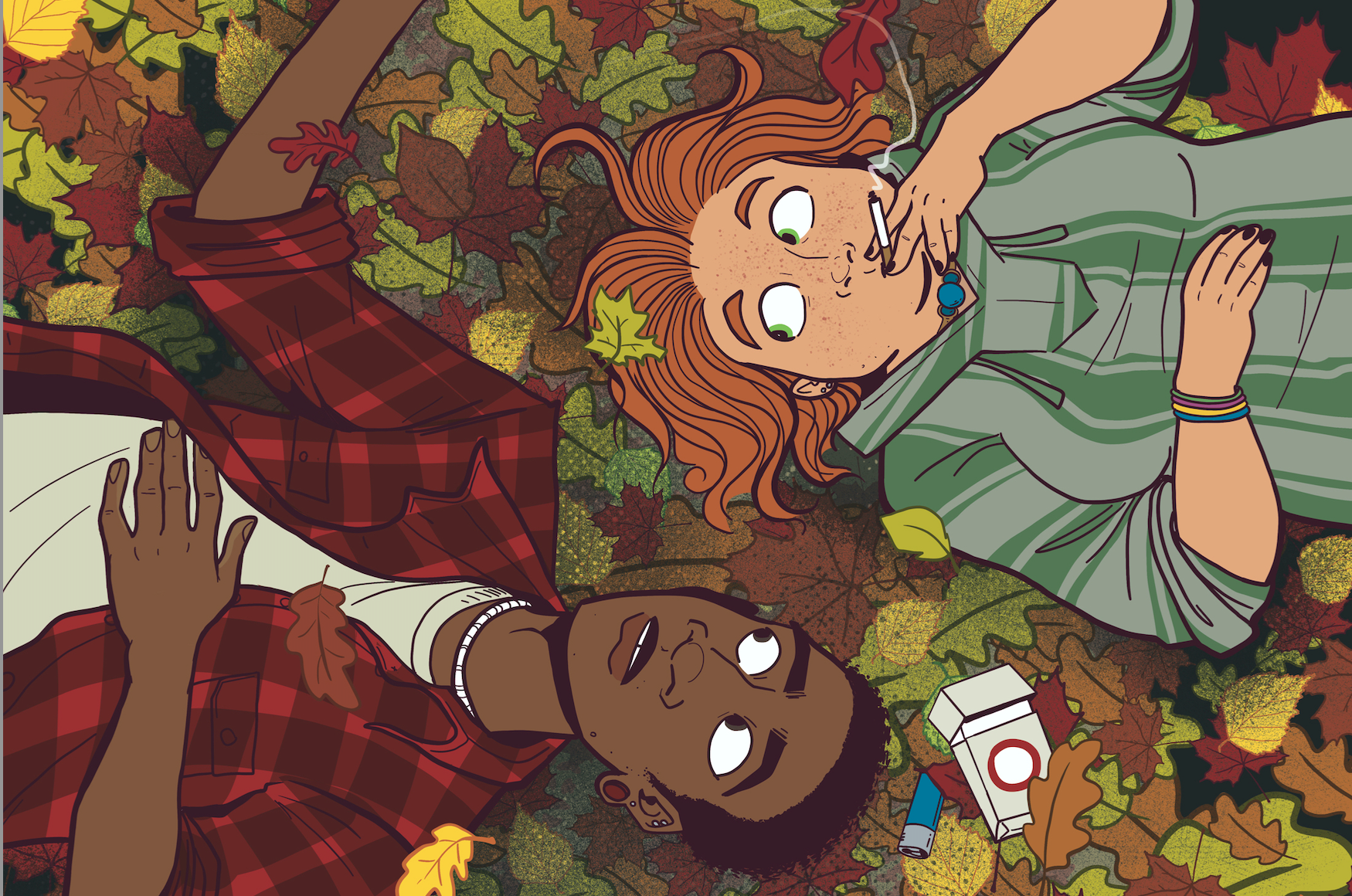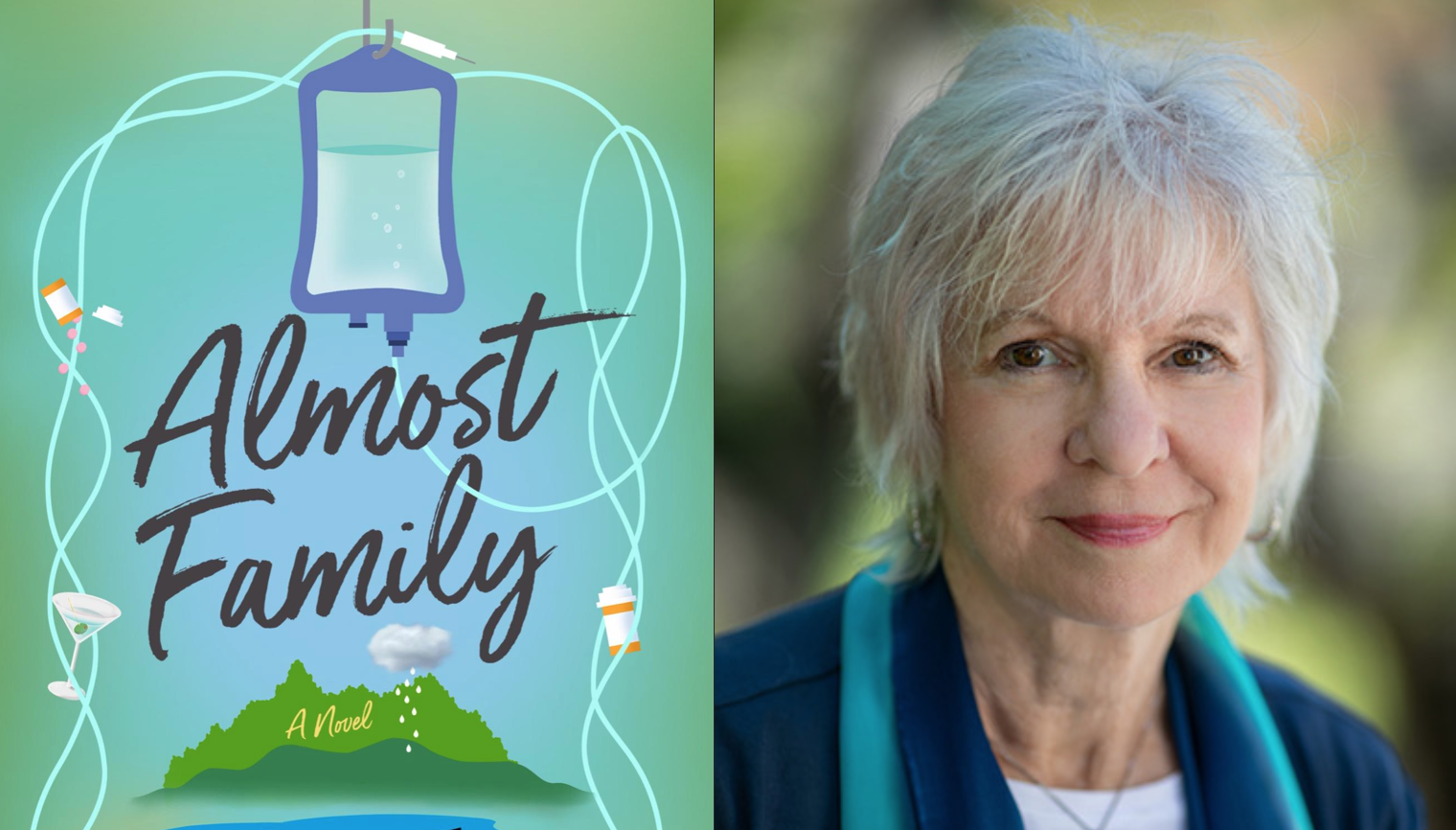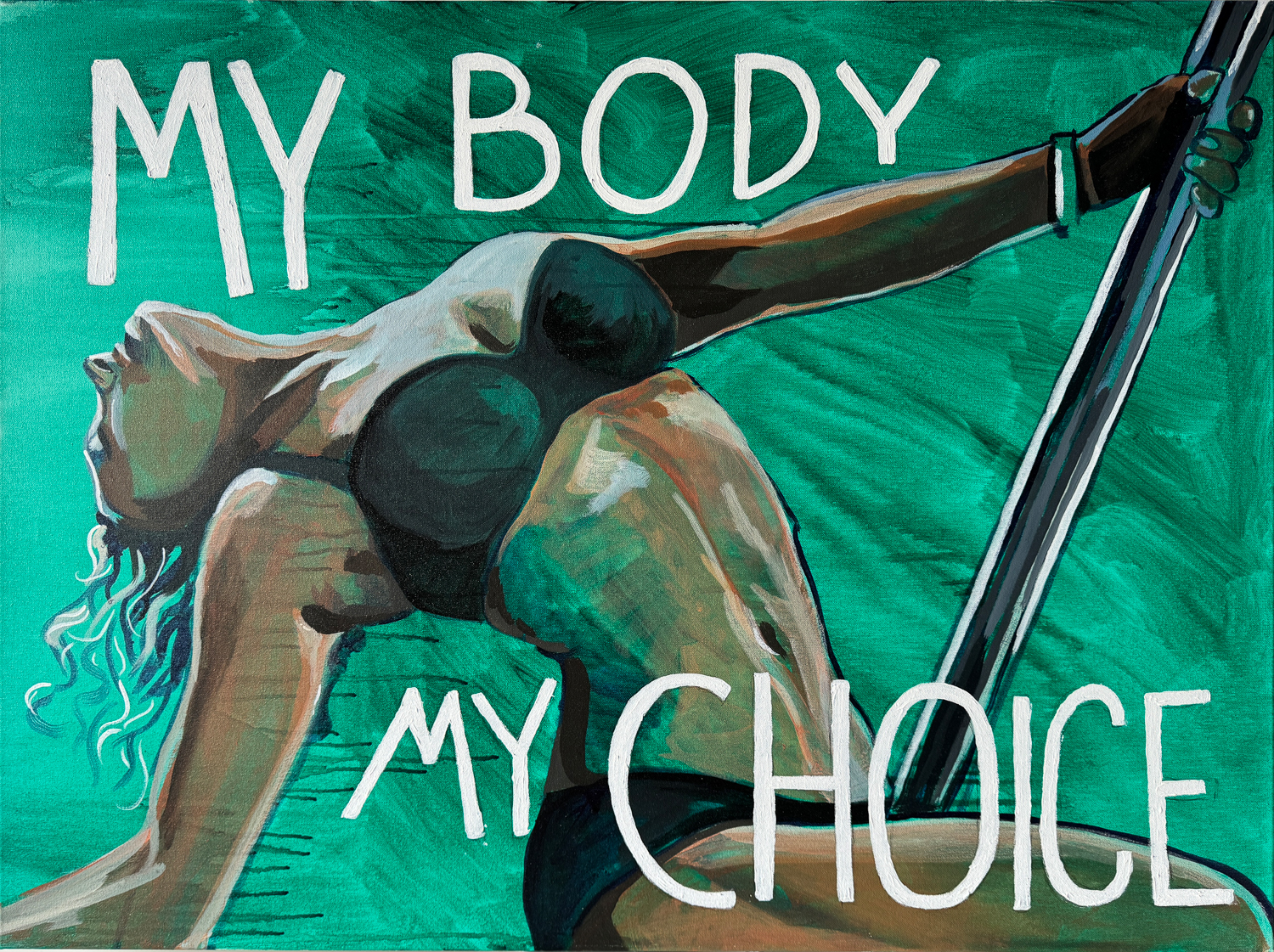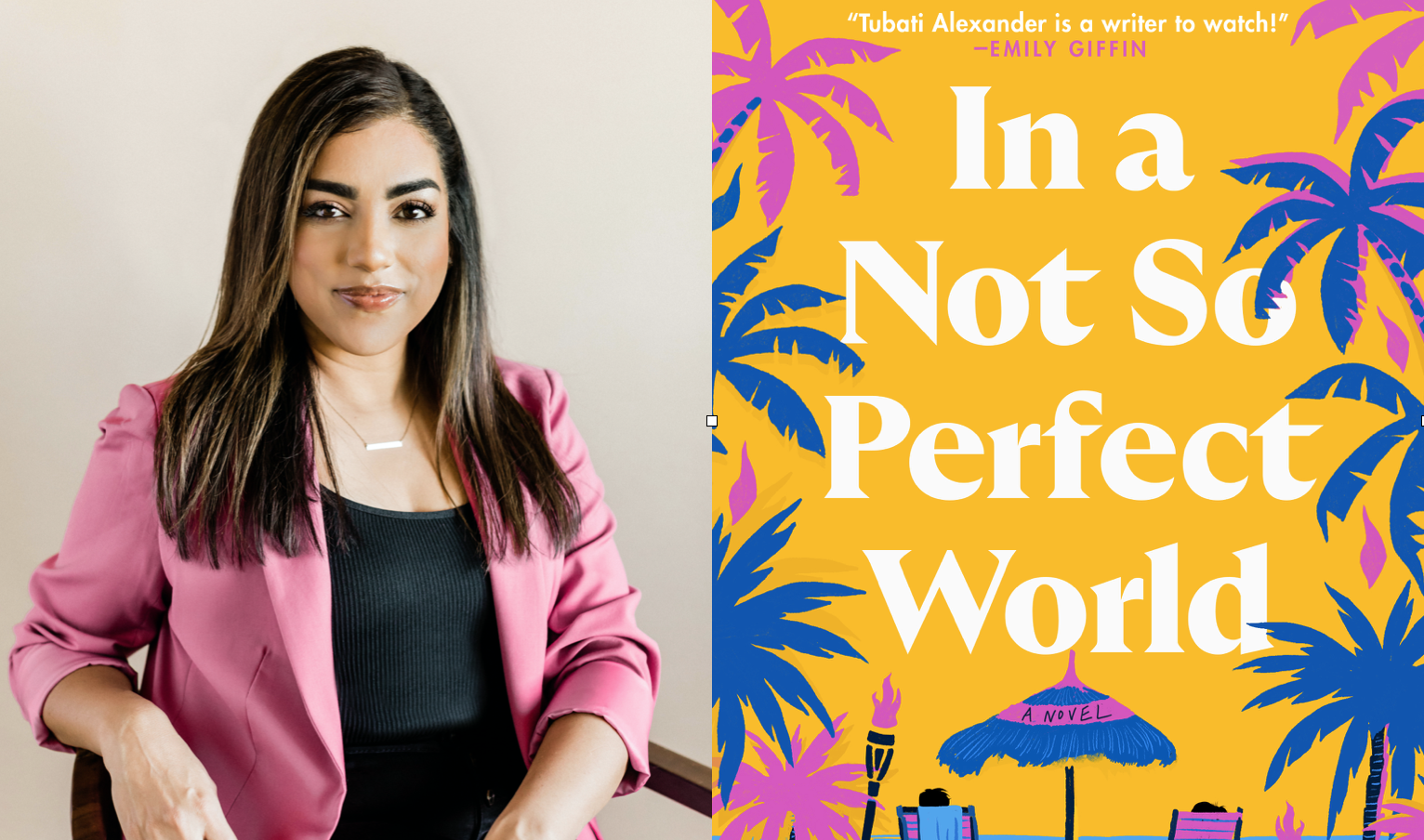
The following is an excerpt from Corie Adjmi’s ‘The Marriage Box’ – a coming-of-age story about a young girl who gets her life turned upside down when her parents move from New Orleans back to their roots in an Orthodox Syrian Jewish community in Brooklyn.
Casey Cohen, a Middle Eastern Jew, is a sixteen-year-old in New Orleans in the 1970s when she starts hanging out with the wrong crowd. Then she gets in trouble and her parents turn her whole world upside down by deciding to return to their roots, the Orthodox Syrian Jewish community in Brooklyn. In this new and foreign world, families gather weekly for Shabbat dinner; parties are extravagant events at the Museum of Natural History; and the Marriage Box is a real place, a pool deck designated for teenage girls to put themselves on display for potential husbands.
Casey is at first shocked by this unfamiliar culture, but after she meets Michael, she’s enticed by it. Looking for love and a place to belong, she marries him at eighteen, believing she can adjust to Syrian ways. But she begins to question her decision when she discovers that Michael doesn’t want her to go to college; he wants her to have a baby instead. Can Casey integrate these two opposing worlds, or will she have to leave one behind in order to find her way?
The night started out like every Syrian Jewish wedding. The florist pinned white orchids around the chuppah. Caterers folded yarmulkes into black half-moons. A photographer snapped our
picture: me—eighteen years old, in a high-neck, long-sleeved, Victorian-style wedding gown, nails polished Rebel Red—and Tracey, my best friend, in off-white satin, neckline plunging enough to make people stare.
“Casey, you don’t have to do this, you know,” Tracey said. While I’d spent the summer shopping for my trousseau and planning my wedding, Tracey had spent the summer getting ready for college, where she’d barhop and dodge unwanted pregnancies. Now and then, she’d study. She couldn’t understand why I was adhering to my family’s expectations— marrying a Syrian Jew, shopping at Tiffany’s for wine and water glasses, contentedly testing chicken and eggplant recipes dashed with allspice.
“Smile,” the photographer instructed.
Tracey looped her arm around my back. “You might as well smile now while you’re still happy.” We posed in front of a six-foot golden Jewish star. “Why can’t you just live with him like every other normal American girl? This isn’t 1882 Aleppo. It’s 1982 America.”
“This isn’t America,” I said. “It’s Brooklyn.” In the few years since my family had moved from New Orleans, returning to our roots in Brooklyn, I’d learned the hard way there were rules. A teenage girl was taught to dress for seduction but was forbidden to have premarital sex. She couldn’t date until she was sixteen but had to be married by eighteen. And she certainly couldn’t live with a man unless she was his wife.
“And what’s with your dress?” Tracey went on. “Why’d you pick something so virginal?” She used her fingers to form a halo over her head and smiled, posing for the camera. Hands on her hips, she looked at me. “You’re doing exactly what you swore you wouldn’t do. You said you didn’t want to be like your mother, who went straight from her father’s house into her husband’s. You said you didn’t want to be like other Syrian girls who got married before they were of legal drinking age, before they had a driver’s license.”
“I have my license,” I said, turning from Tracey.
The guests from New Orleans scoped out the Brooklyn synagogue like they were stepping on foreign soil. They’d never been to an Orthodox Syrian wedding, and you could tell from their faces, their foreheads crinkled, they were having a hard time accepting the idea of an eighteen-year-old getting married. Plus, the whole affair was kind of like Fiddler on the Roof spiked with Lifestyles of the Rich and Famous, a party for eight hundred people where every woman in the room, regardless of age or religiosity, wore a skintight dress (size two) and Christian Dior stilettos—dolled up like Barbie with long black hair.
I was an exception with light hair and fair skin, forever sticking out. “A blonde,” my mother always said as if I were a foreign object, “in this house. Unbelievable.”
Tracey stood by my side. “This is like The Twilight Zone. I can’t believe you’re getting married. ‘Sadie, Sadie, married lady,’” Tracey sang the Barbra Streisand lyric as a tall waiter in a black tuxedo walked by. He smiled at her.
Tracey cupped her hand over her mouth. “He’s cute,” she whispered.
“He is.”
Tracey wagged a finger at me. “Uh-uh. There’ll be no more of that, young lady.”
“Bye-bye to the good old days,” I said, realizing I didn’t know how to behave around cute single boys anymore.
Tracey smiled at our handsome waiter and took two shots of arak off his silver tray. She handed me one. “Drink up,” she said. “You’re going to need this.”
“I want to get married. I want to do this,” I remember telling Tracey.
But memory, like love, is fickle. It’s true, I thought my life would unfold like a romance novel, one scintillatingly evocative chapter after another. When you’re eighteen, you think your dreams are undeniable truths. At least I did. I had no clue my brain was still developing or that during my first year of marriage, I’d grow an inch.

Corie Adjmi is the author of the short story collection, “Life and Other Shortcomings,” which won an International Book Award, an IBPA Benjamin Franklin award, and an American Fiction Award and her newly released novel, “The Marriage Box.”. Her prize-winning essays and short stories have appeared in HuffPost, North American Review, Indiana Review, Medium, Motherwell and Kveller. When she is not writing, Corie does volunteer work, cooks, draws, bikes and hikes. She and her husband have five children and a number of grandchildren, with more on the way. She lives and works in New York City.
















